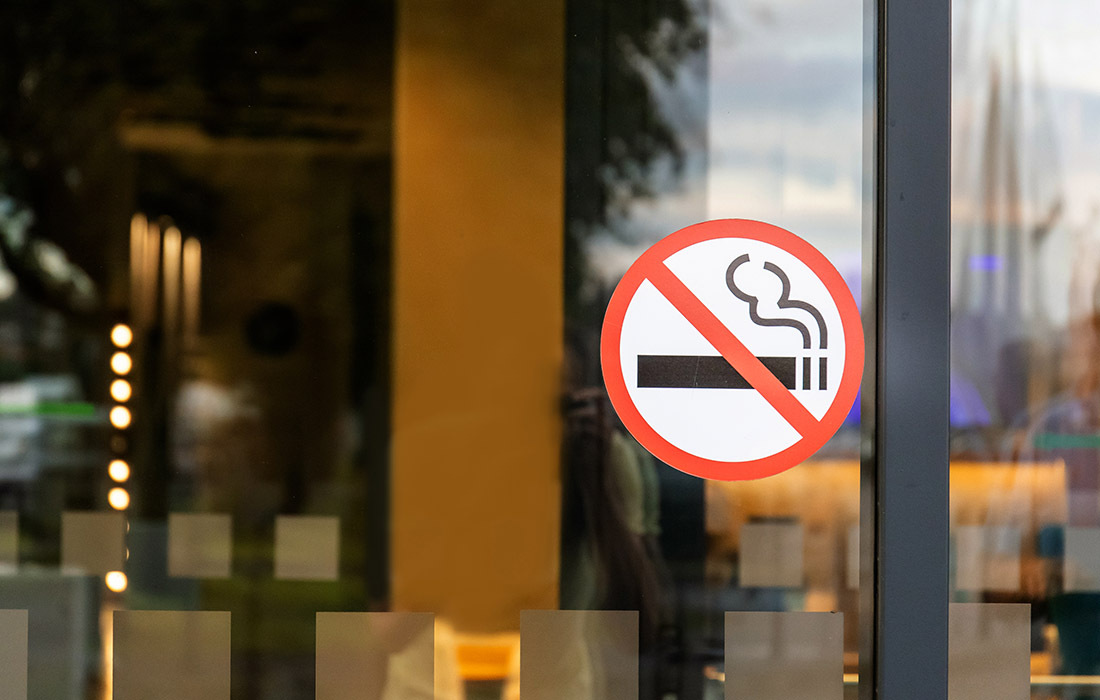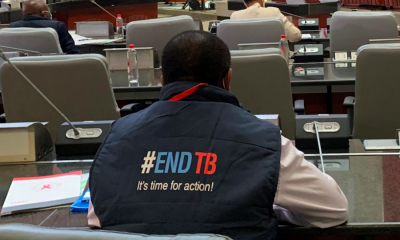Business
South Africa’s Tobacco Control Bill Sparks Further Consultations as Nedlac and Parliament Seek Consensus

South Africa’s Tobacco Control Bill Sparks Further Consultations Amid Stakeholder Concerns
In a recent move, Parliament’s Portfolio Committee on Health and the National Economic Development and Labour Council (Nedlac) have jointly agreed to launch a further consultation process regarding the proposed Tobacco Products and Electronic Delivery Systems Control Bill. This decision follows growing concerns from various business, labour, and social stakeholders over the perceived lack of consultation on the bill’s potential impacts.
Key Stakeholders Call for Greater Transparency
Earlier this week, frustration over the consultation process led business, labour, and social entities to express their grievances. As a consensus-seeking organisation representing business, government, and labour, Nedlac has warned that bypassing consultation could lead to legal challenges for the bill’s passage.
In a joint statement, Parliament’s Health Committee Chairperson Dr. Sibongiseni Dhlomo and Nedlac Executive Director Lisa Seftel emphasized the importance of allowing Nedlac’s social partners to engage meaningfully in the bill’s review.
Aims of the Tobacco Control Bill
The Tobacco Control Bill aims to reduce tobacco use in South Africa, where smoking rates remain high, by introducing new regulations on the sale, advertising, and use of tobacco products and electronic delivery systems, such as vapes. The bill also seeks to:
- Enforce 100% smoke-free zones in all public indoor areas and certain outdoor spaces.
- Introduce plain packaging with graphic health warnings.
- Ban tobacco product displays at points of sale and vending machines.
These changes bring South Africa closer to compliance with the World Health Organisation’s Framework Convention on Tobacco Control (FCTC), aligning domestic legislation with international standards to protect vulnerable groups, such as children and non-smokers.
Key Concerns Prompting Consultation
Despite its public health benefits, the Tobacco Control Bill has prompted concerns across several sectors, leading to calls for additional dialogue:
- Illicit Trade Impact: Critics argue that strict regulations may inadvertently drive consumers toward the illicit cigarette market, contributing to an already significant revenue loss for the government.
- Effects on Informal Traders: The National Informal Traders Alliance (Nitasa) estimates that the bill could negatively impact around 2.2 million informal traders, including hawkers and spaza shop owners, who rely on single cigarette sales.
- Potential Job Losses: Industry advocates have highlighted potential job losses, especially for small and emerging tobacco farmers who might struggle to adapt to new regulatory demands.
- Reduced Tax Revenue: Concerns are mounting that reduced legal sales could decrease tax revenue, limiting government resources.
- Enforcement Challenges: South Africa’s limited enforcement capacity raises questions about the bill’s effectiveness in combating tobacco use and enforcing new regulations.
Moving Forward: Public Participation and Provincial Consultations
The committee’s public participation process, which is currently underway in KwaZulu-Natal, offers citizens the opportunity to express their views on the proposed regulations. Scheduled sessions include:
- Friday, 8th November, 2024: 10:00 – 15:00, City of Umhlathuze, Nseleni Community Hall, Richards Bay
- Saturday, 9th November 2024: 10:00 – 15:00, Msunduzi Local Municipality Ward 15, Community Hall at Embhali, Pietermaritzburg
- Sunday, 10th November 2024: 10:00 – 15:00, eThekwini Metropolitan Municipality, Greenwood Park Community Hall, Durban North
The feedback gathered will be instrumental in the finalisation of the bill, as stakeholders and lawmakers work toward a balanced approach that supports both public health and economic stability.
The upcoming consultations underscore the commitment of Nedlac and Parliament to a collaborative approach in South Africa’s tobacco regulation efforts. As the country moves closer to aligning with international standards, this process reflects a broader effort to address public health while considering the socio-economic impact on local businesses and informal traders.
For those interested, the full Tobacco Products and Electronic Delivery Systems Control Bill is available for download for detailed review.



























